Are you an aspiring cinematographer wondering how to start your journey? Is there a way to self-study and practice cinematography without attending a film school? Fret not! In this comprehensive guide, we will dive into how you can learn cinematography at home, explore various resources, and provide practical tips to enhance your skills. Let’s embark on this exciting adventure!
Table of Contents
The Quest to Learn Cinematography
Cinematography is an art form, a way to visually narrate stories filled with emotions, expressions, and life. Its domain is vast, and to master it, one needs to have a good grasp of the principles and techniques involved. The burning question, however, remains – how can I learn cinematography at home?
The good news is, yes, you can! In the digital age, you are just a click away from a plethora of resources. Let’s now look into some of the crucial steps that can guide your journey to learn cinematography at home.
Step 1: Understand the Basics of Cinematography
To begin your cinematography journey, it is imperative to grasp the fundamental concepts. Here are some of the key elements you should be familiar with:
The Exposure Triangle
The Exposure Triangle consists of three pillars – Aperture, Shutter Speed, and ISO, which ensure your image is properly exposed. Mastering these settings will go a long way in your journey to learn cinematography.
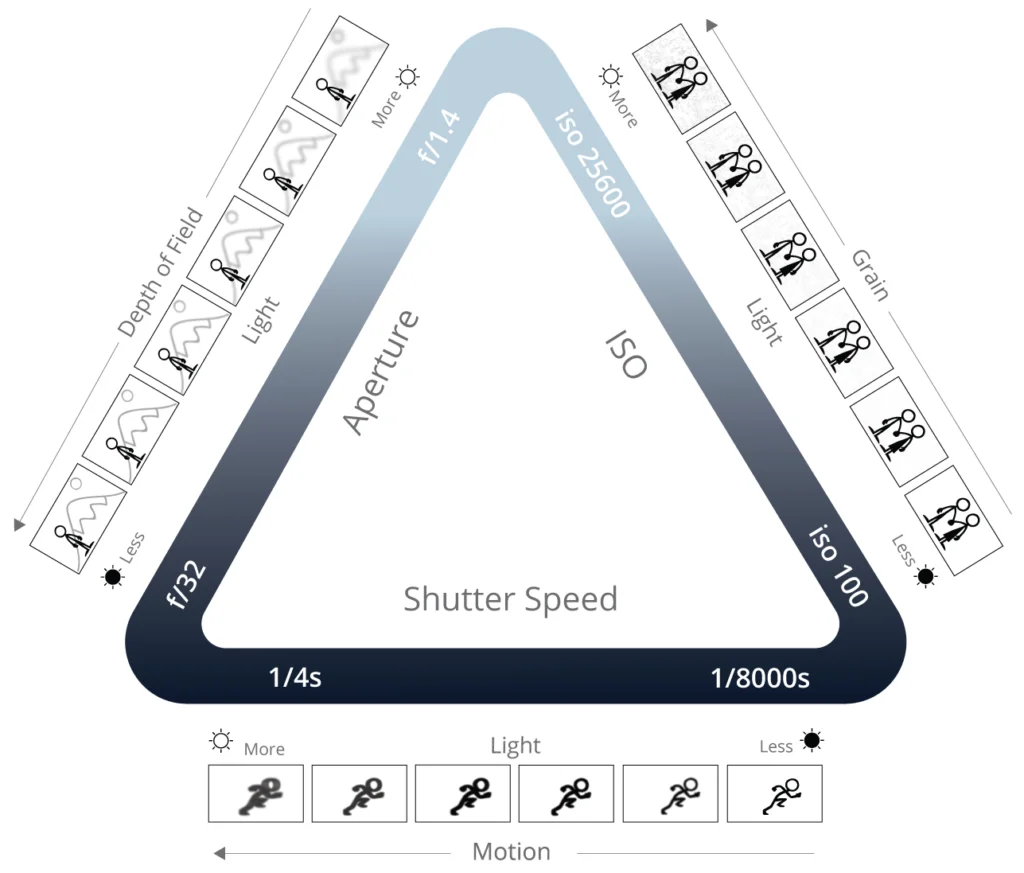
Composition
Composition refers to how elements are arranged within a frame. A popular guideline is the Rule of Thirds that aids in achieving balanced and engaging frames.
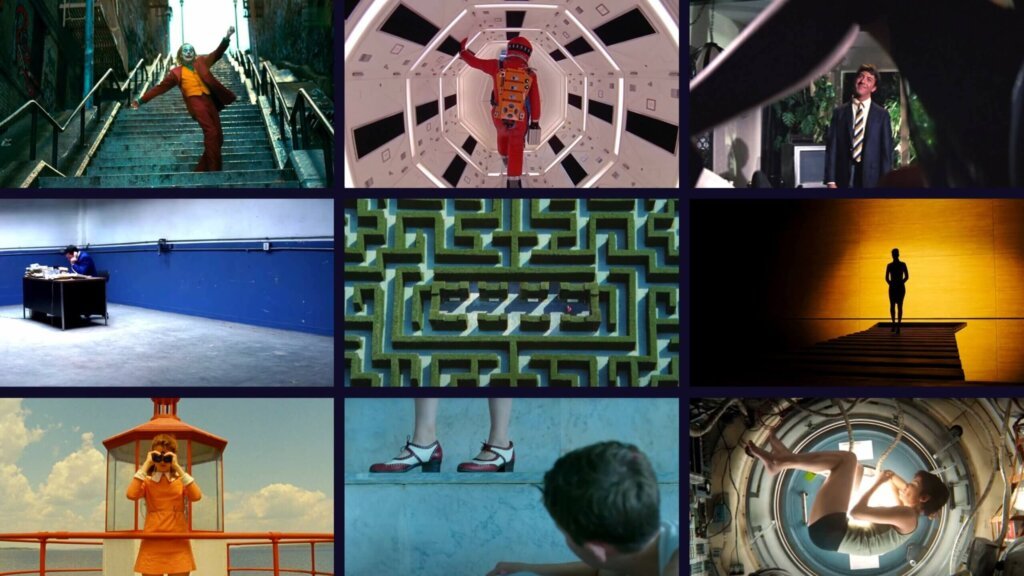
Lighting
Lighting plays an essential role in creating mood and atmosphere. Start with the three-point lighting technique, a fundamental method used extensively in visual media.
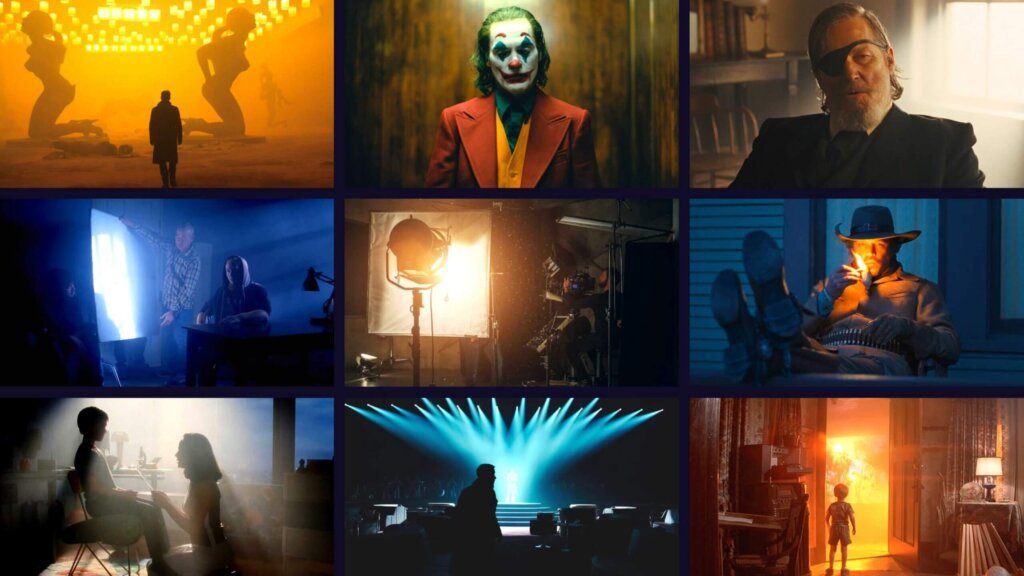
Camera Shots, Angles, and Movements
These aspects greatly influence how your film looks and feels. Understanding different camera shots, angles, and movements is a significant step in your cinematography journey.
Step 2: Gear Up and Start Shooting
Once you are familiar with the fundamentals, it’s time to get hands-on! Here are some tips:
Work within your budget. Modern cameras, even at the entry-level, can shoot impressive full HD videos.
If buying a camera is beyond your means, consider renting. You can also borrow from friends or relatives.
Make the most of what you have. Even your smartphone can be an effective tool for practicing basics like exposure, framing, and composition.
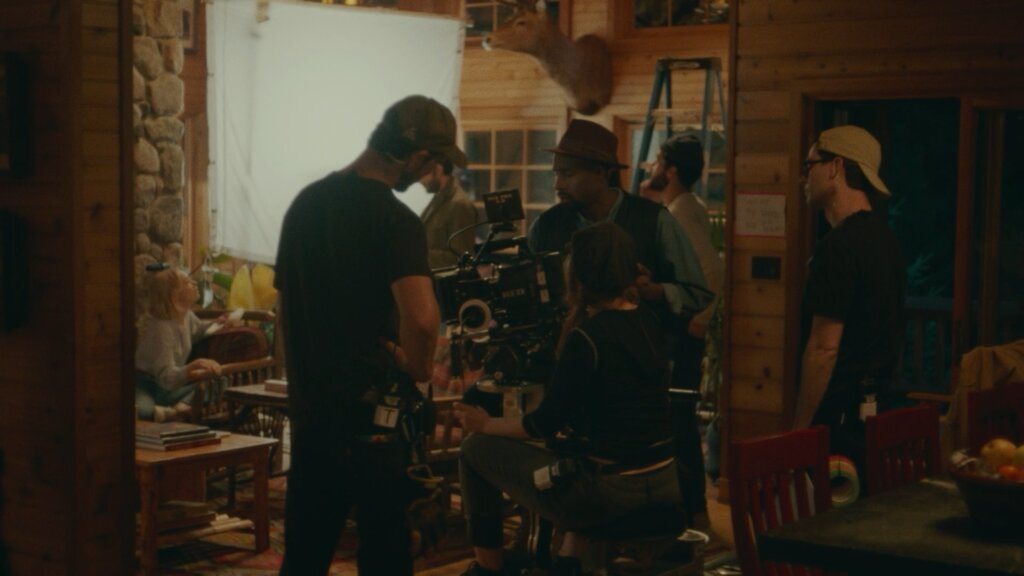
Step 3: Find a Mentor
Learning from an experienced cinematographer can significantly accelerate your progress. Your mentor could be a local filmmaker, an online educator, or even a virtual tutor on YouTube or a blog. Volunteering on shoots, assisting in productions, or interning can also provide valuable hands-on experience.
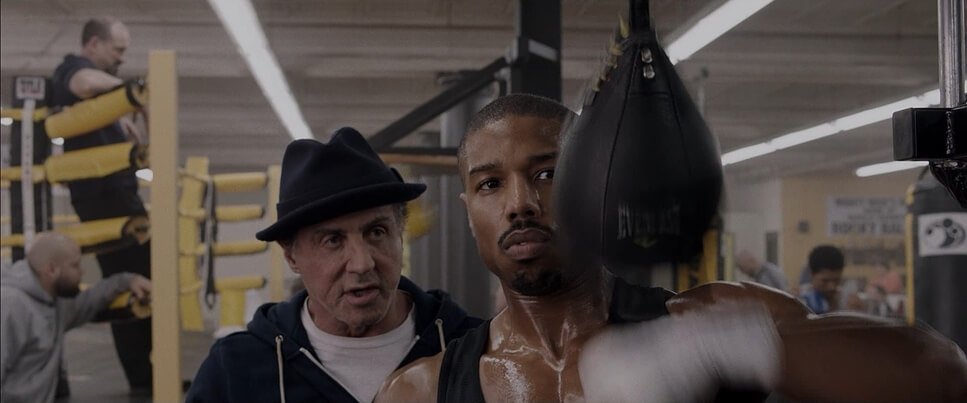
Step 4: Learn the Art of Editing
While you might aim to be a cinematographer, learning to edit can enhance your storytelling skills. Editing allows you to view your footage from a different perspective and identify areas for improvement.
Step 5: Be Patient and Keep Learning
Learning cinematography is a journey. It is crucial to be patient, continue learning, and always strive to improve your craft.
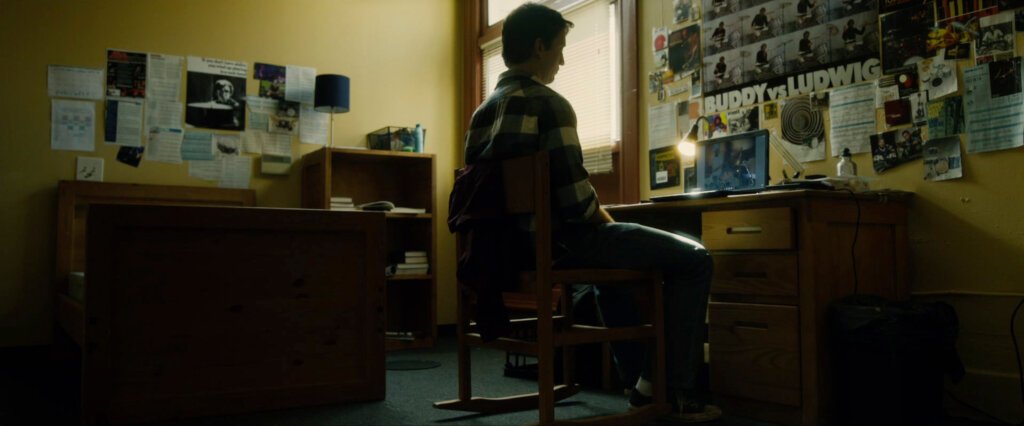
The Role of Film School in Learning Cinematography
Should you go to a film school? It’s a question that often pops up. The answer varies from individual to individual, depending on factors like learning style, financial capacity, and personal preferences.
Self-Teaching Cinematography
While film school has its advantages, it is not mandatory. Self-learning has become more feasible and popular in recent years, thanks to the plethora of online resources.
How to Practice Cinematography at Home
Practicing at home can be an effective way to hone your skills. You can experiment with self-portraiture, create mini-projects, or even shoot short films.
Learning Resources for Cinematography
Books on Cinematography
Books are a treasure trove of knowledge. Here are some of the best books to learn cinematography:
- “Cinematography: Theory and Practice” by Blain Brown
- “The Five C’s of Cinematography” by Joseph V. Mascelli
- “Master Shots” by Christopher Kenworthy
- “The Filmmaker’s Eye” by Gustavo Mercado
- “Painting with Light” by John Alton
- “Film Lighting” by Kris Malkiewicz
- “Every Frame a Rembrandt: Art and Practice of Cinematography” by Andrew Laszlo and Andrew Quicke
Movies for Learning Cinematography
Studying movies can offer valuable insights into cinematography. Films like “Citizen Kane”, “2001: A Space Odyssey”, and “Blade Runner 2049” are renowned for their exceptional cinematography.
Learning cinematography at home is a journey filled with learning, practice, experimentation, and creativity. With the right resources, dedication, and passion, you can certainly master this art form. Embark on your journey today, and remember – every frame you shoot brings you one step closer to your dream!
How to learn cinematography online for free?
Learning cinematography online for free is attainable with the right resources and dedication. Start with YouTube, a treasure trove of tutorials covering basics like camera angles, lighting, and shot composition. Channels like Film Riot and DSLRguide offer valuable insights. Websites such as No Film School and Filmmaker IQ provide a wealth of free articles and forums. For structured learning, websites like Coursera and edX offer free courses in cinematography and film production. Lastly, actively watch films with a critical eye, analyzing cinematographic techniques. Remember, practice is key in mastering the art of cinematography.
How long does it take to learn cinematography?
The duration to learn cinematography can vary greatly depending on the individual’s dedication, prior knowledge, and the resources they’re using. For instance, a course from Rochester Institute of Technology or other top universities could take several weeks or months to complete, depending on the course structure and pace. Meanwhile, a free Masterclass from MZed, designed for beginners to advanced filmmakers, is only an hour-long.
However, it’s important to note that mastering cinematography is not just about completing courses. It’s an ongoing process that extends beyond formal education. It involves continuous learning from resources like YouTube tutorials, websites like No Film School and Filmmaker IQ, and platforms like Coursera and edX. Additionally, actively watching films and practicing cinematographic techniques are vital components of learning.
In conclusion, while you can gain foundational knowledge from structured courses in a matter of weeks or months, becoming proficient in cinematography is a continual learning process that could take several years. This is largely because the field of cinematography is ever-evolving, and there’s always something new to learn and incorporate into your craft. It’s a journey of lifelong learning, creativity, and practice.
How to become a cinematographer?
Becoming a cinematographer involves several steps. First, gain a foundational understanding of photography and film. You need to comprehend the technical aspects like lighting, camera operation, and composition. Online courses, tutorials, YouTube videos, and books are excellent resources for this. Second, practice your craft. Apply your knowledge by creating short films or videos. Experiment with different lighting, angles, and techniques to find your unique style. Third, consider formal education in film or cinematography. While not always necessary, it can provide a structured learning environment and access to industry professionals. Fourth, network with others in the film industry. Building relationships can lead to opportunities and collaborations. Lastly, continuously learn and adapt. Cinematography is an evolving field, and staying updated with the latest techniques and equipment is essential. Remember, becoming a successful cinematographer is a journey of continuous learning, creativity, and practice.
Is it worth it to study cinematography?
Studying cinematography can be a highly rewarding journey, especially for those who are passionate about visual storytelling. It provides an in-depth understanding of how each shot, lighting effect, or camera angle can contribute to the overall narrative and emotional impact of a film.
Education in cinematography equips you with technical skills and creative sensibilities, which are essential assets in the film industry. It can also open doors to networking opportunities and mentorship from professionals in the field. Moreover, formal study offers a structured approach to learning and can potentially accelerate your career progression.
However, it’s worth noting that success in cinematography doesn’t solely rely on formal education. Practical experience, continual learning, and innate creativity are equally, if not more, important.
In conclusion, studying cinematography is indeed worthwhile if it aligns with your career aspirations and passion. While it requires a significant investment of time and resources, the knowledge, skills, and opportunities gained could be invaluable in your journey to becoming a successful cinematographer.
How can I practice cinematography at home?
Practicing cinematography at home can be a significant learning experience, providing you with a hands-on understanding of the craft. Start by setting up a home filming space, considering aspects like location and lighting. One of the powerful ways to practice is through self-portraiture, where you can experiment with different lighting techniques, camera settings, and poses.
Learn from the professionals; observe photographers and videographers who produce top-notch work. Behind-the-scenes videos can offer valuable insights into their processes. Additionally, studying the work of others can be highly beneficial. Watch films and videos to understand different cinematographic styles, camera movements, and lighting techniques.
Consider creating your own projects, like short films or documentaries. This will not only enhance your skills but also contribute to your portfolio. Also, engage with online filmmaking communities to gain perspectives and constructive feedback.
Finally, draw inspiration from various art forms. Visit museums, study master paintings, and understand how imagery is constructed. This will deepen your visual literacy, a critical aspect of cinematography.
Remember, practicing cinematography at home is about exploring, experimenting, and continuously learning. Embrace the process, and with time, you will see your skills and creativity flourish.